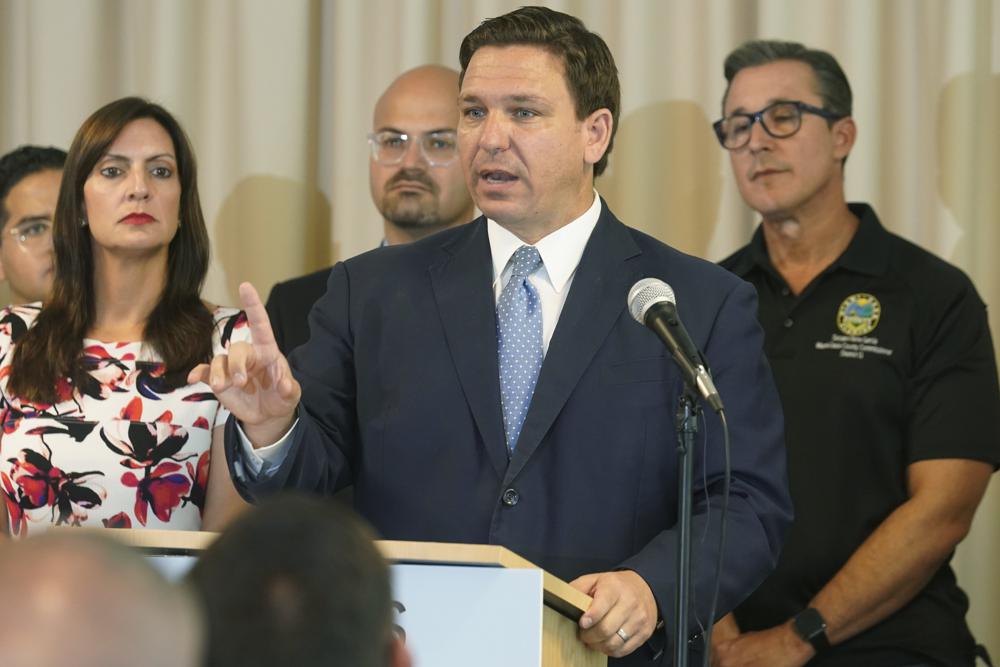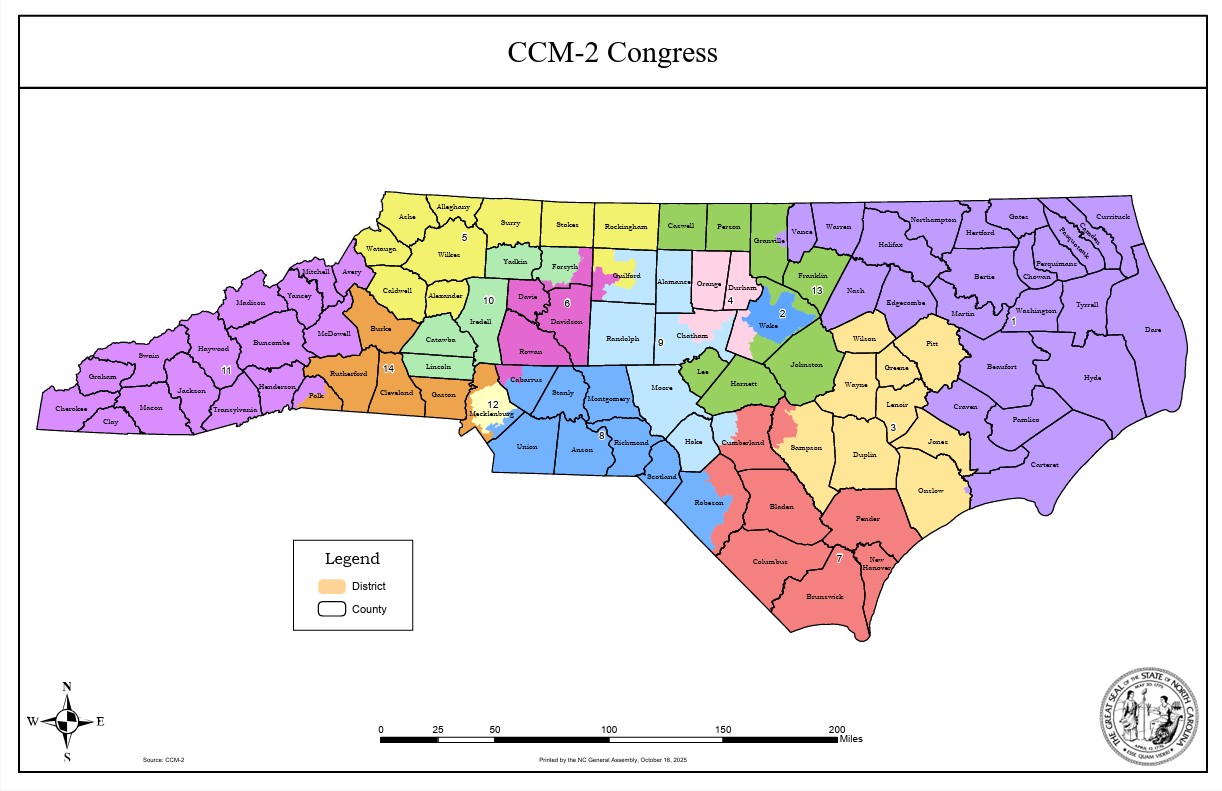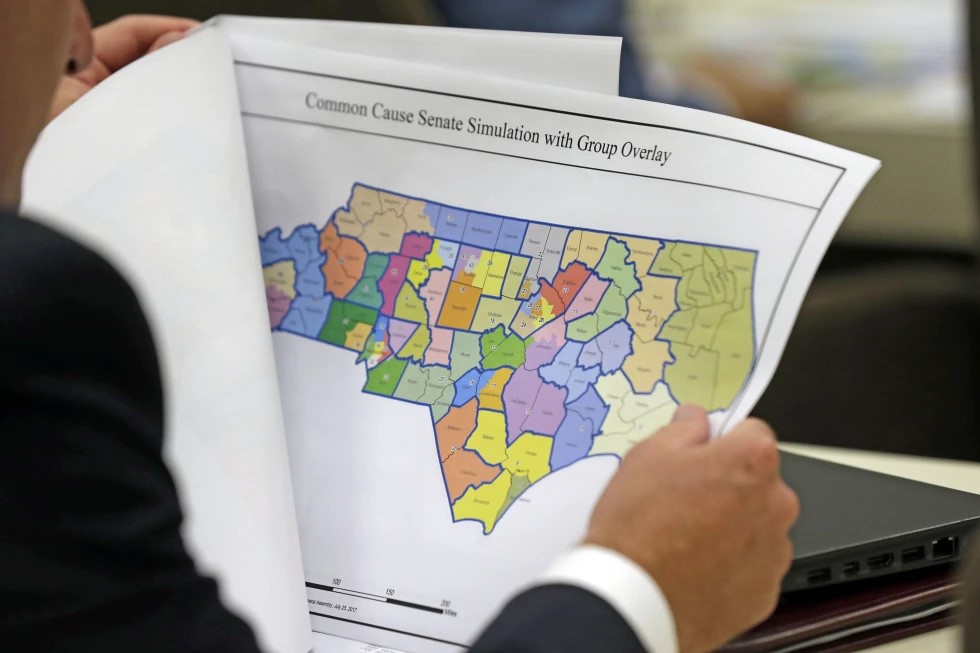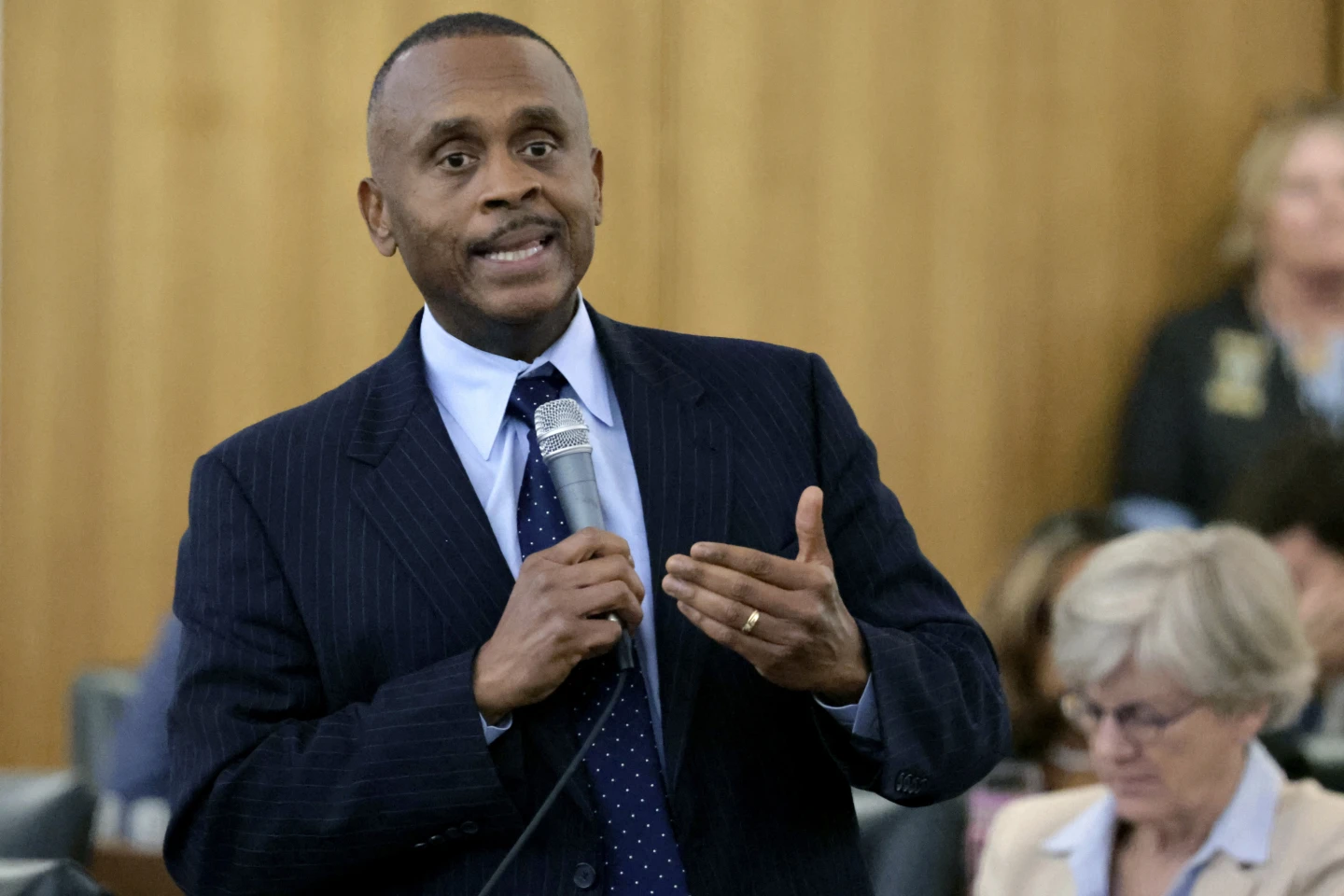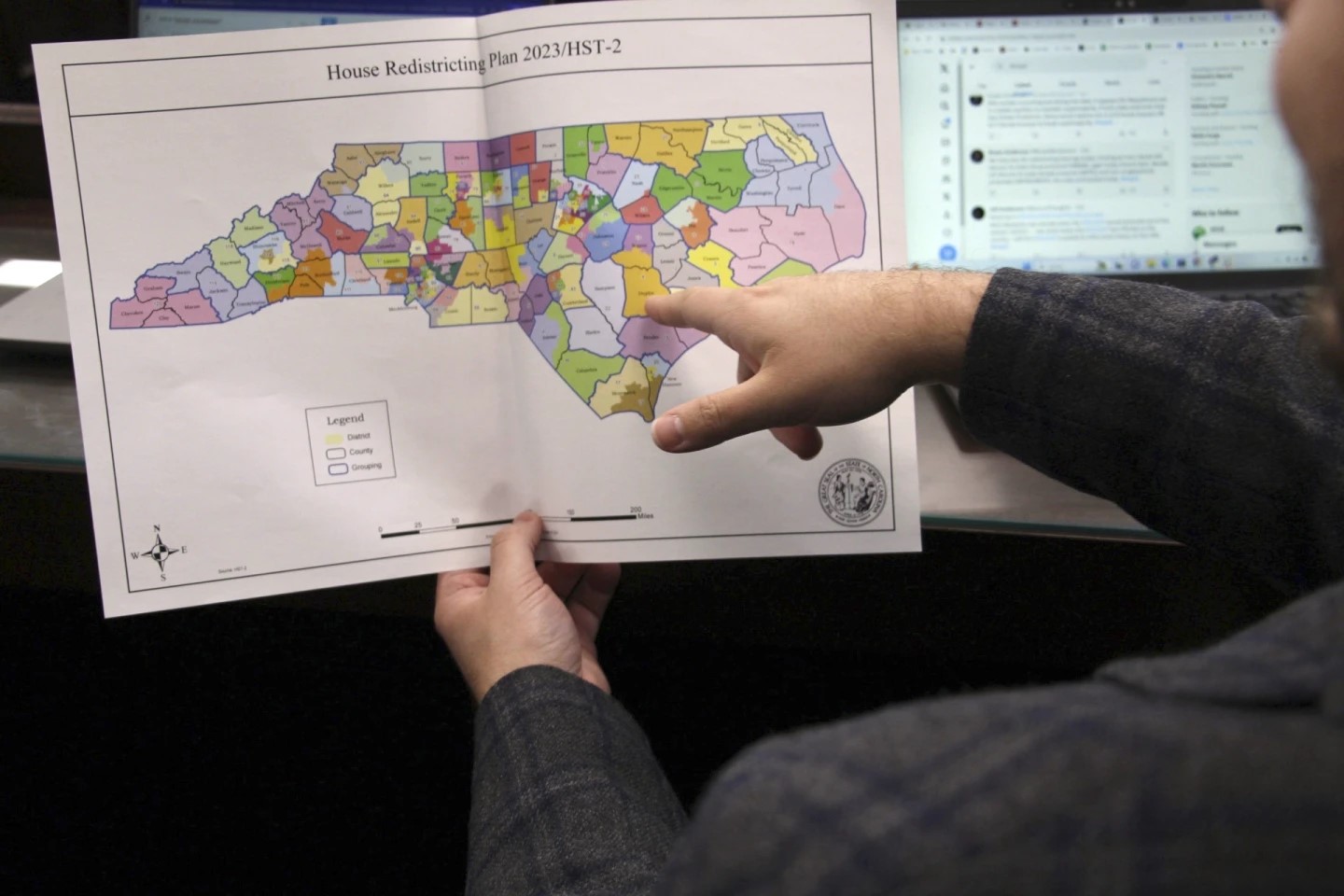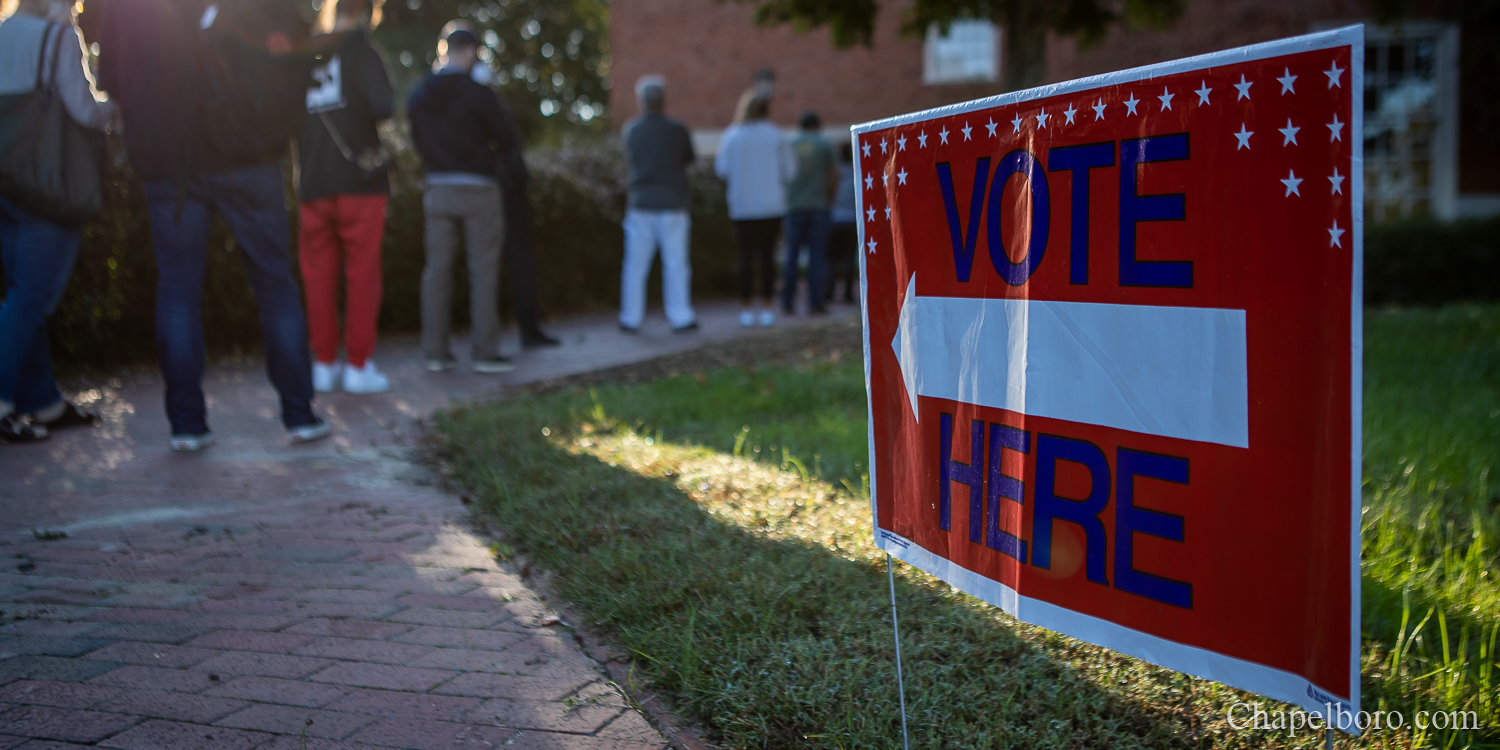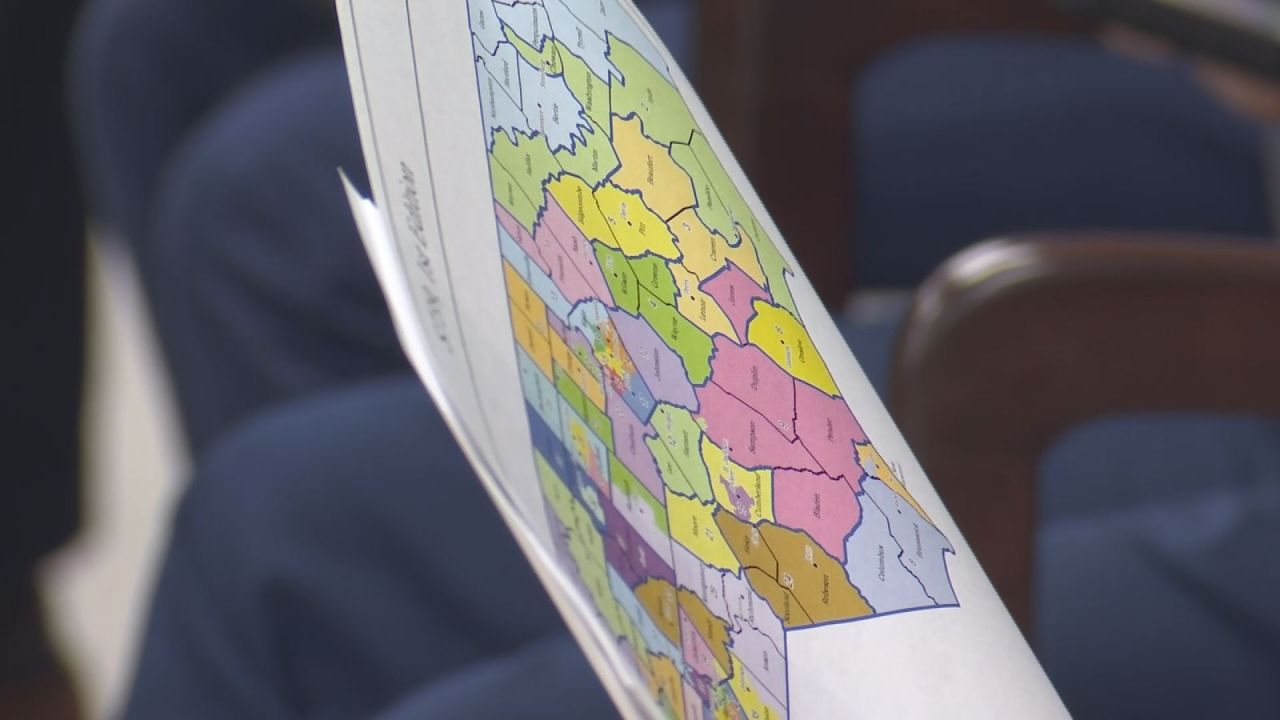In the wake of North Carolina Republican Legislators’voting to approve new legislative maps, proponents for redistricting reform are calling for an overhaul of the process that allows for gerrymandering to exist in the first place.
Senior political analyst for the John Locke Foundation Mitch Kokai noted that while the balance of power leans toward Republicans in the House and Senate currently, it wasn’t always that way.
“Back when the Democrats were in charge of the General Assembly, there were some elections in which you ended up with a very close split between Democrats and Republicans,” said Kokai. “And that’s when people who were trying to reform this process basically were talking to the Democrats and saying ‘look, this is very tight…can’t you see a time when Republicans might win this election and they’re going do to you exactly what you did to them?’”
North Carolina 4th District Congressmen David Price offers this solution: make districts that represent the interests of the communities in which they exist.
“Reformers aren’t saying that every district has to be competitive, that would be just as artificial as what we have now,” said Price. “What we’re saying is districts should represent communities.”
One of the facets of Price’s “We the People” Act of 2017, which he has introduced in the House, is for states to establish non-partisan redistricting commissions to draw “open and transparent statewide district maps for congressional districts after each decennial census.”
Similar legislation has been successfully implemented in Iowa, New Jersey, Arizona and California; the latter, Price explains, was particularly successful in ending a long pattern of what he called “mutual back scratching” between parties.
“From the Democratic point of view [California] has turned out to be a more Democratic delegation, but with the difference of being fairly elected in districts that really aren’t tilted one way or the other.”
Price and Kokai discussed the topic along with the Director of the North Carolina Coalition for Lobbying and Government Reform Jane Pinsky on the WCHL Community Forum, which can be heard here.

